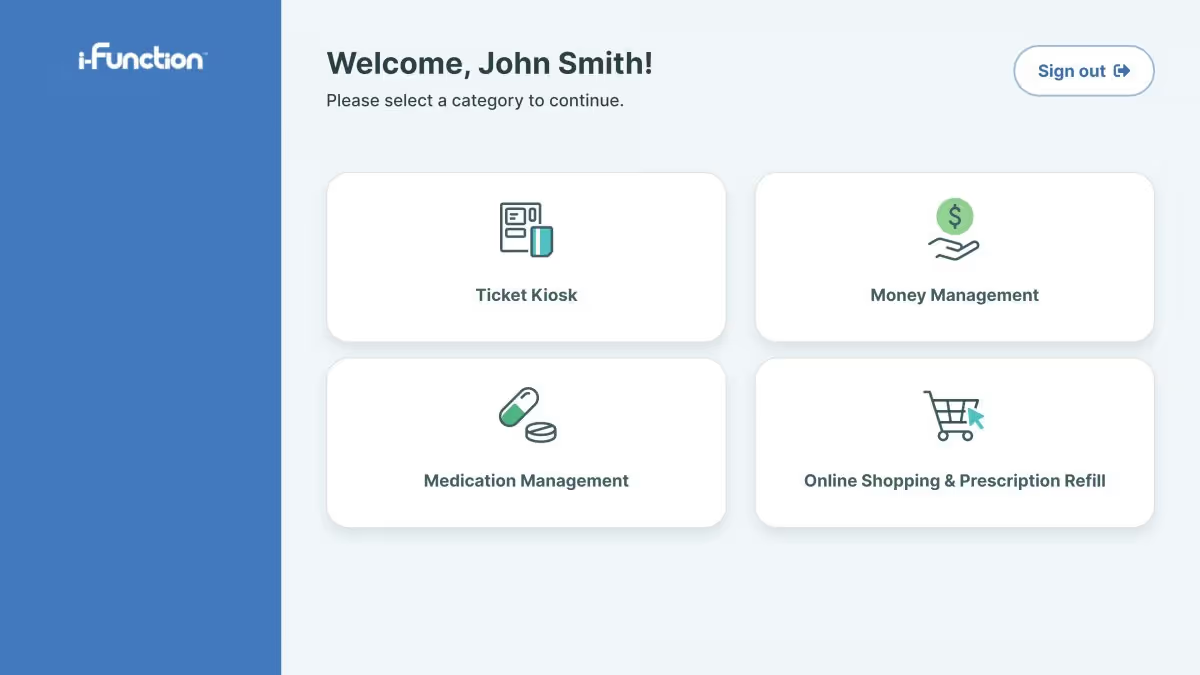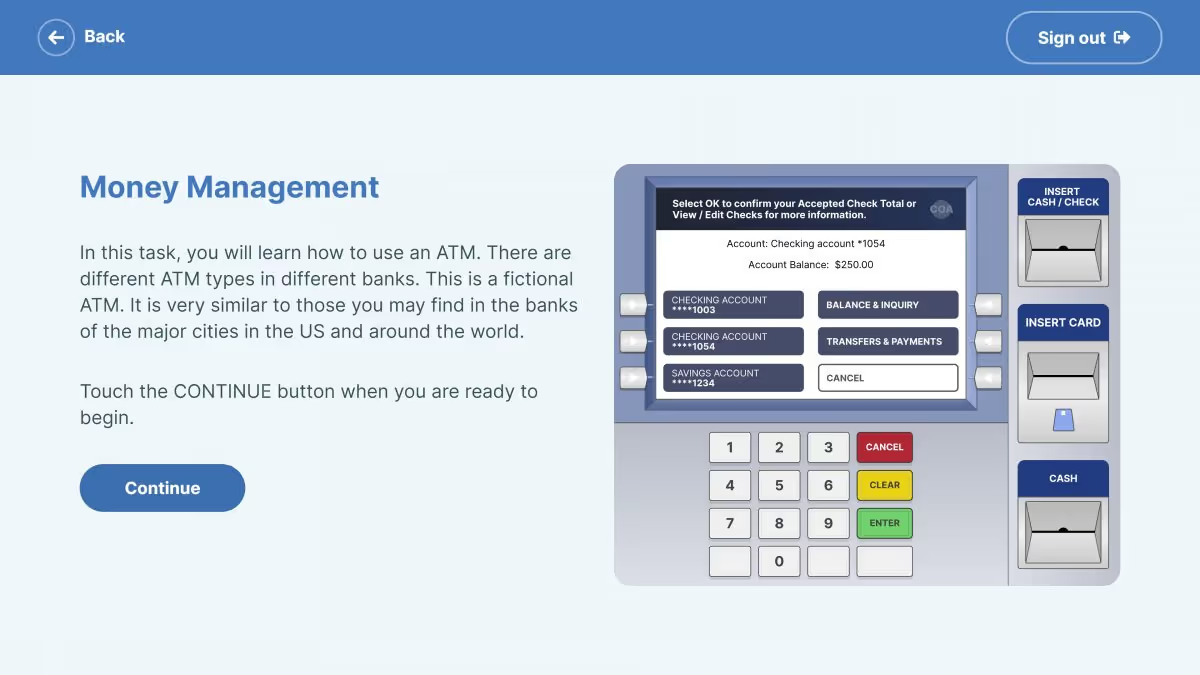

An innovative healthtech software provider, i-Function creates digital platforms that assist healthcare providers with the identification and treatment of cognitively impaired individuals. Founded in 2016, the company found initial success with their first software-based solution, the FUNSAT assessment and training platform, which allowed organizations to train more people with less specialized staff.
However, the first versions of this software faced limitations. Among the most pressing issues was local installation on PC workstations, meaning users were unable to access the platform from mobile or other devices, and administrators could not install patches or newly released modules without accessing the local computer.
i-Function sought a long-term partner who could help modernize the FUNSAT platform and coach the company through Agile adoption to test and improve product iterations throughout development and delivery.
After being introduced to Lunavi in 2020 by mutual solution provider DesignMap, i-Function quickly laid out their primary goals: increased flexibility, wider compatibility, advanced performance, improved security, and easier deployment of new modules and features.
“From the start, our relationship with Lunavi has been very constructive and collaborative,” said CEO and co-founder Peter Kallestrup. “They work with us as partners, bringing ideas and helping us talk through problems and possibilities.”

Lunavi worked with the team at i-Function to build a new software platform using a modern, browser-based user interface along with a Microsoft Azure cloud-based infrastructure to support advanced performance, security, and availability requirements.
“For organizations like i-Function that have a great vision and a great product but are just getting started, our goal is to create a solution that meets their needs and can grow with them,” explained Mike Douglas, Director of Delivery Engineering at Lunavi. “By building on a platform like Azure, they have ready access to all the app tools and services, reporting capabilities, data analytics—whatever they need, without having to go back and rework anything or make a huge upfront investment.”
In addition, the Lunavi Delivery Team helped coach i-Function through Agile product delivery. Given the company’s limited budget and timeline as well as its unique user requirements, embracing an Agile approach provided the predictability, accountability, and consistency needed to keep projects on track and speed time to value. Lunavi partnered closely with i-Function to test and continuously improve product iterations at every stage of the development process.
“Usually when you’re developing software, you’re building it for people who are comfortable using the technology,” Kallestrup says. “That’s nott the case with our users, so we need to test for unusual situations and accommodate for a wide range of skills and experiences.”
With the new platform and Agile development approach, i-Function has been able to create and release its third generation of FUNSAT, incorporating new training modules as well as more advanced features, such as built-in timers and automated lesson plans. These changes will now make it possible for users to use the tools at home, without the need for continuous in-person support.
The new Azure-based architecture also expands access to a broader range of user devices, including mobile tablets, while improving scalability to support new modules as research and patient demands dictate.

These improvements also support the company’s future distribution goals, which include reselling or white labelling software via third-party healthcare providers and corporate partners to improve customer engagement with currently underutilized products and services.
For i-Function, partnering with Lunavi has opened the doors to even more possibilities for the future.
“Our goal is to help people,” Kallestrup said. “It’s why we’re here. It’s why we started this business. And when you see the impact so far and imagine what’s possible--it’s really remarkable.”